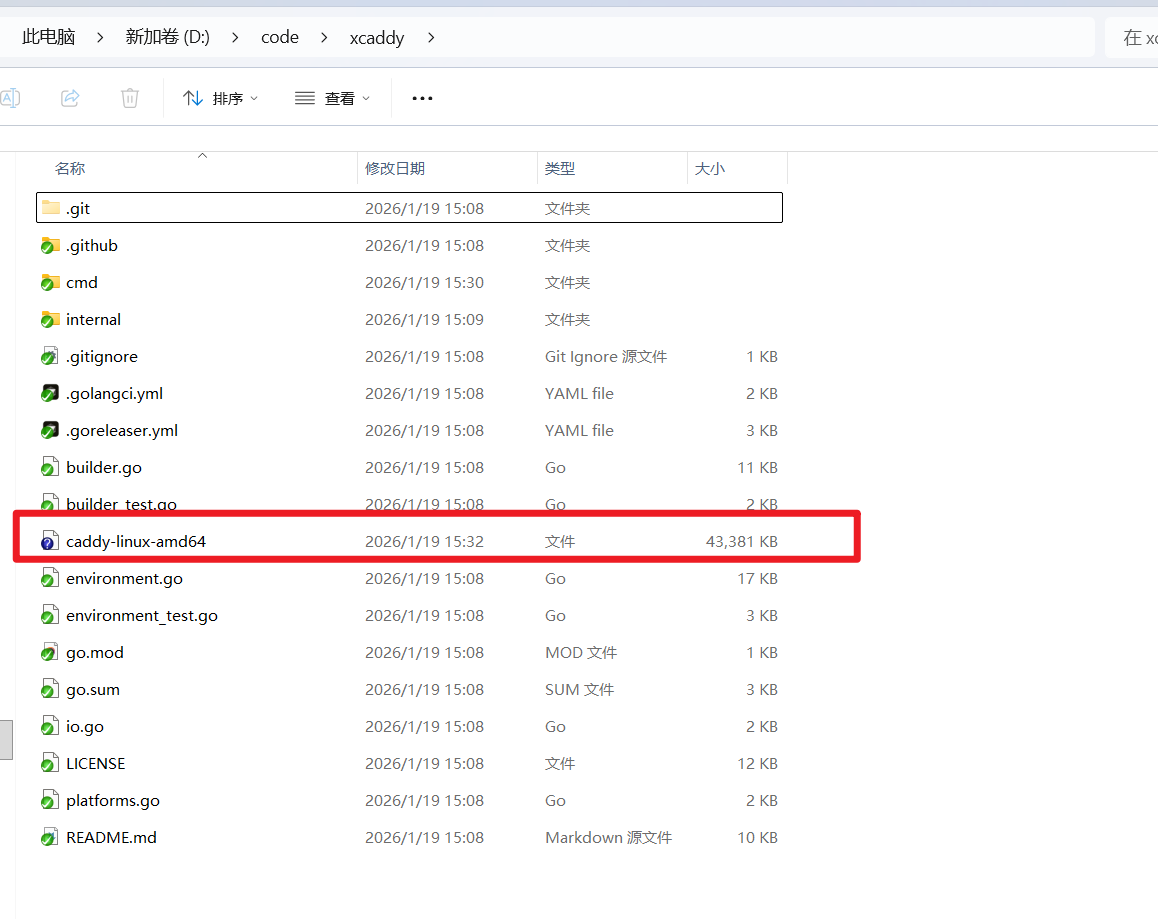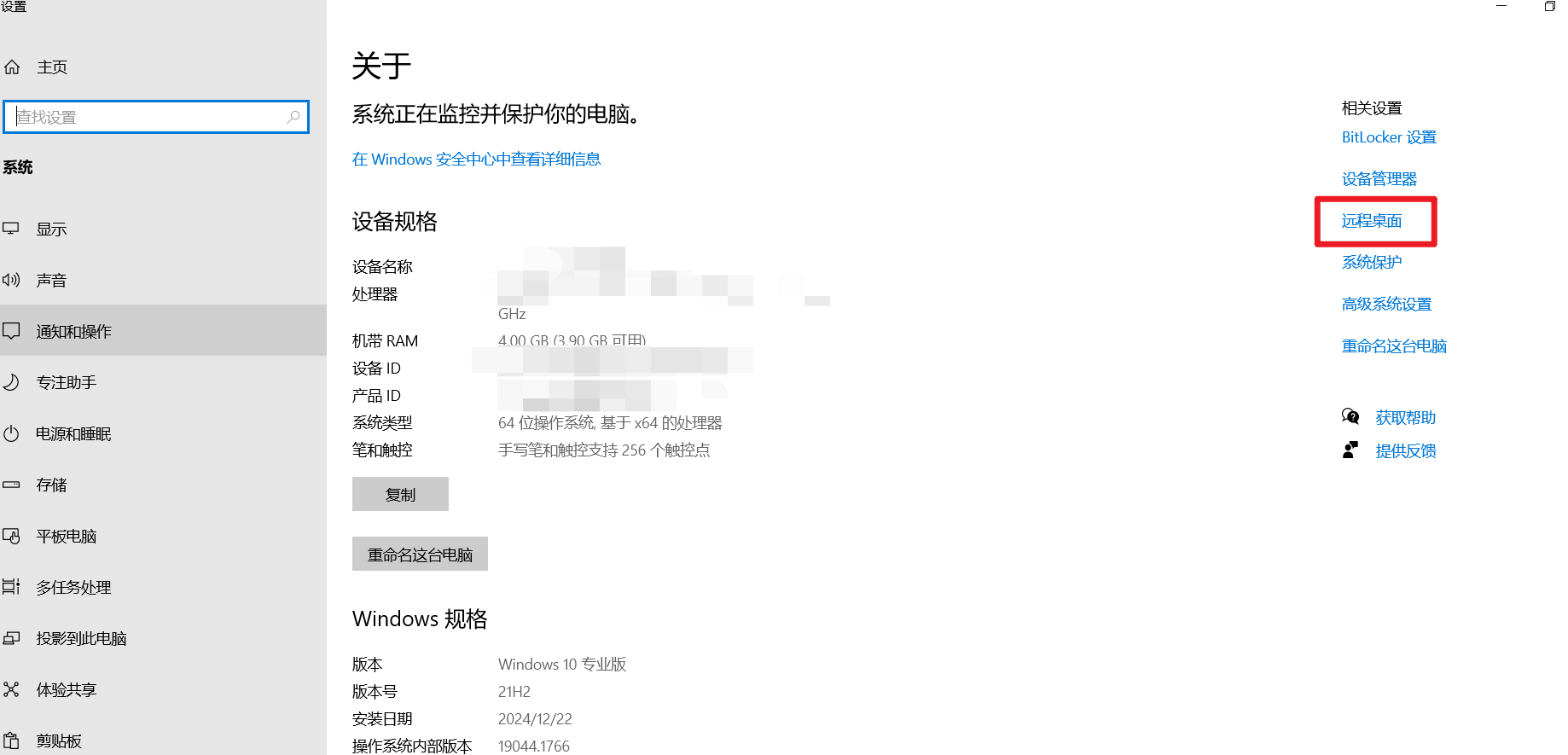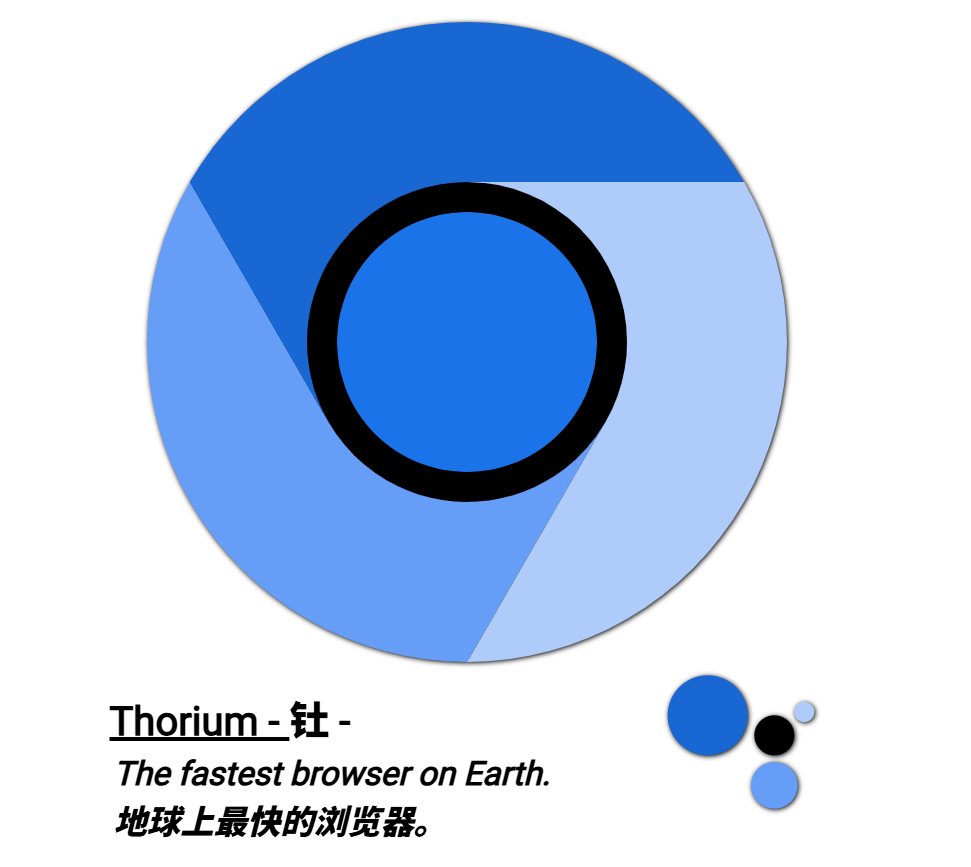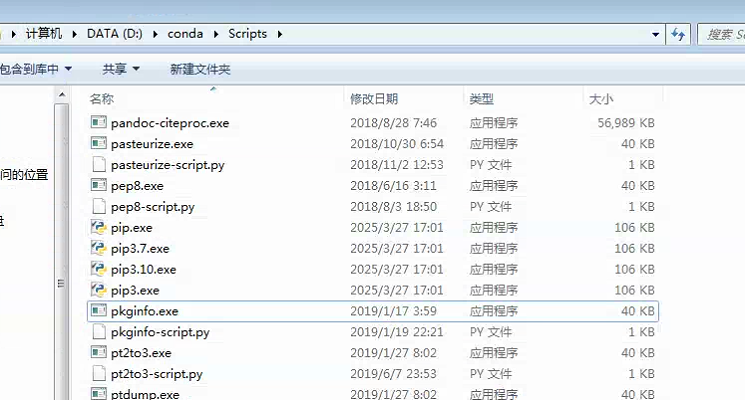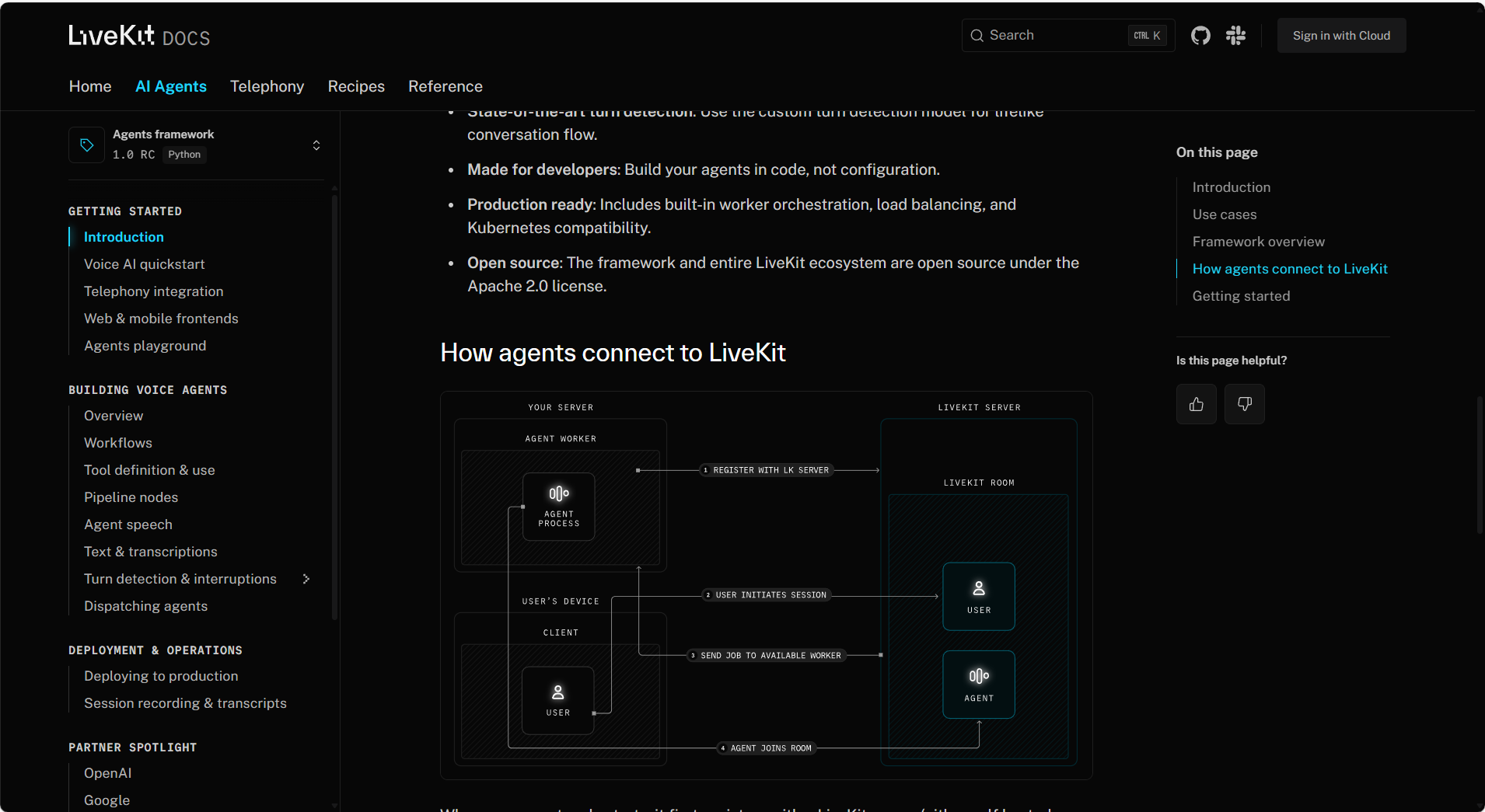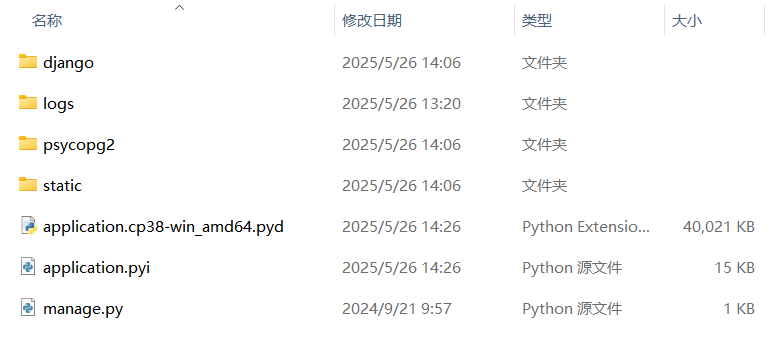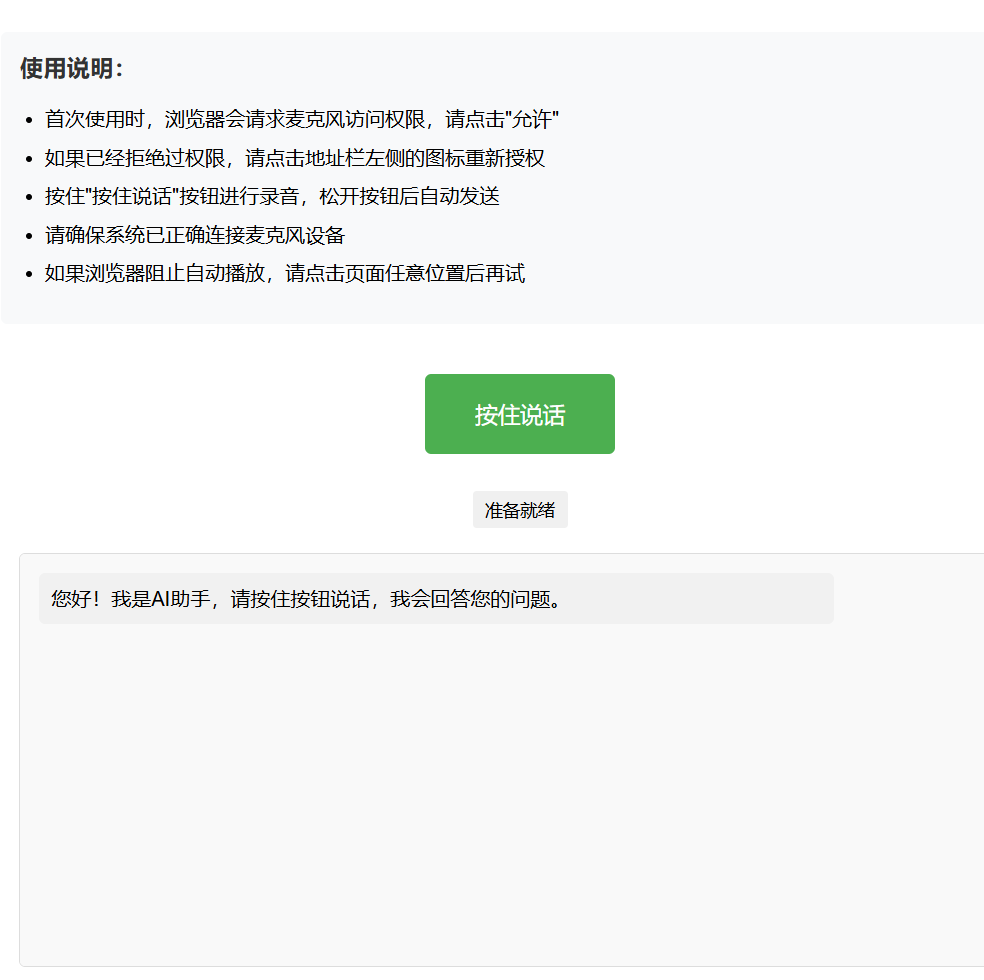按pg数据库表结构自动生成Es索引及映射
环境说明
我使用的pg是16.4版本,Es是7.10版本,python3.10
PostgreSQL 16.4, compiled by Visual C++ build 1940, 64-bit1、安装psycopg2和elasticsearch库
pip install psycopg2
pip install elasticsearch==7.0装最新版本的elasticsearch库会报错以下错误,最后试的7.0版本可以用。
ImportError: cannot import name ‘Mapping‘ from ‘collections‘

2、编写生成代码
import psycopg2 # 导入psycopg2驱动程序
from elasticsearch import Elasticsearch
# 连接到Elasticsearch
es = Elasticsearch(["http://127.0.0.1:9210"])
index_mapping = {
'mappings': {
'properties': {}
}
}
def getcolumns(table):
# 创建数据库连接
cnx = psycopg2.connect(
host='127.0.0.1',
port='5432',
database='gpdb',
user='postgres',
password='password'
)
# 创建游标
cursor = cnx.cursor()
# 执行查询语句
query = f"SELECT column_name, data_type FROM information_schema.columns WHERE table_name = '{table}'"
cursor.execute(query)
# 获取结果
result = cursor.fetchall()
# 关闭游标和连接
cursor.close()
return result
def get_es_type(data_type):
if data_type == 'integer':
return 'integer'
elif data_type == 'bigint':
return 'long'
elif data_type == 'numeric':
return 'float'
elif data_type == 'character varying' or data_type == 'text':
return 'text'
elif data_type == 'boolean':
return 'boolean'
elif data_type == 'timestamp with time zone' or data_type == 'timestamp without time zone':
return 'date'
elif data_type == 'bytea':
return 'binary'
else:
return 'keyword' # 默认使用keyword类型
# 创建Es索引
def create_index(table_name, index_name):
result = getcolumns(table_name)
# 添加字段映射
for column_name, data_type in result:
es_type = get_es_type(data_type)
index_mapping['mappings']['properties'][column_name] = {'type': es_type}
# 使用indices.exists()方法判断Index是否存在
if not es.indices.exists(index=index_name):
es.indices.create(index=index_name, body=index_mapping)
print(f'索引{index_name}创建成功。')
else:
print(f'索引{index_name}已存在,无需创建。')
# 需要创建索引的表
indexlist = [
{
'table_name': 'tablename',
'index_name': 'indexname'
}
]
for indexinfo in indexlist:
table_name = indexinfo['table_name']
index_name = indexinfo['index_name']
create_index(table_name, index_name)记得修改连接和表名。




